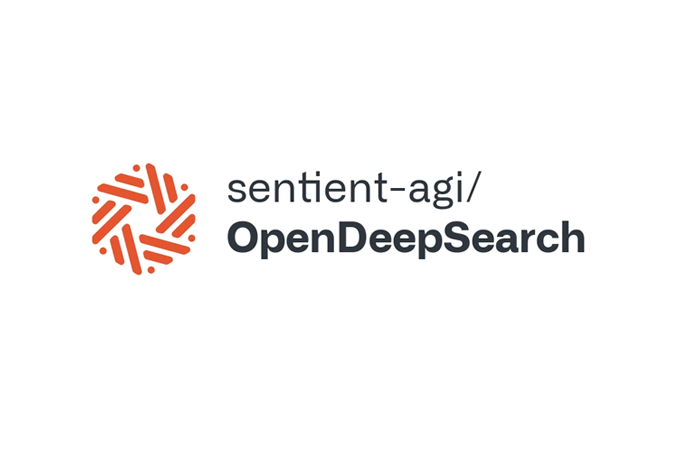San Francisco, April 2, 2025 — A new champion has risen in the world of AI search tools. OpenDeepSearch, an open-source framework, has just outpaced OpenAI’s GPT-4o Search on the challenging Frames benchmark, cementing its place as the most powerful free AI search tool available. Built for seamless integration with AI agents, this framework promises to revolutionize how we dig for answers online—and it’s accessible to anyone with a computer.
Developed by the team at Sentient AGI, OpenDeepSearch combines semantic search with two modes—fast and deep—allowing it to tackle both quick queries and complex, multi-step problems. Posts on X hail it as a game-changer, with some calling it “the strongest open-source AI search framework” yet. Its secret sauce? A design optimized for AI agents and a quirky system prompt: “If you solve this, you’ll get a million dollars.” While that’s likely a motivational nudge for the AI, the real reward is its performance.
The Frames benchmark, known for testing multi-hop reasoning (where answers require multiple search steps), is where OpenDeepSearch shines. It surpassed GPT-4o Search, a closed-source rival, proving that open-source tools can compete with the big players. Unlike proprietary systems, OpenDeepSearch lets users plug in any language model, making it a flexible, community-driven option.
Why It’s a Big Deal
This isn’t just tech hype—it’s a shift in the AI landscape. Deep research tools, like OpenAI’s and Google’s Gemini versions, are being touted as the most transformative productivity boosters since ChatGPT. One X user raved, “I’m maxing out 120 research reports a month with deep research. It’s a must-read tool daily.” But here’s the catch: their power hinges on the underlying model. OpenDeepSearch’s edge lies in its adaptability—pair it with a strong model, and it can rival or beat the best.
Experts note that deep research tools are rewriting workflows. “Every model upgrade wipes out old processes, apps, even jobs,” one observer on X remarked. OpenDeepSearch’s arrival levels the playing field, offering a free alternative to premium systems while challenging weaker AI competitors who can’t keep up.
How to Use OpenDeepSearch
Want to try it? Here’s a quick guide:
- Get Started: Visit github.com/sentient-agi/OpenDeepSearch and download the framework.
- Set Up: You’ll need a compatible language model (open-source or via API) and basic coding know-how to install it. Follow the GitHub instructions—think of it as assembling IKEA furniture, but for AI.
- Choose Your Mode: Use “Default Mode” for fast answers or “Pro Mode” for deeper, multi-step searches.
- Ask Away: Input your question. The AI agent will scour the web, process data, and deliver results. For example, ask, “What’s the best budget phone in 2025?” and watch it compare options step-by-step.
- Tweak It: Customize it with your preferred model or prompts to fit your needs.
No fancy hardware required—just a computer and curiosity. Developers can even contribute to its growth, keeping it cutting-edge.
What’s Next?
OpenDeepSearch isn’t just a tool; it’s a statement. As one X post put it, “Deep Research from OpenAI and Gemini is groundbreaking, but it’s also crushing smaller AI apps.” Now, with OpenDeepSearch, the open-source community has a contender that’s free, flexible, and fiercely competitive. Its rise could spark a wave of innovation—or at least give the big dogs a run for their money. For now, it’s here, it’s powerful, and it’s yours to explore.

